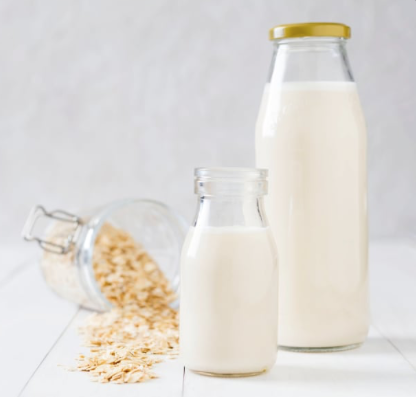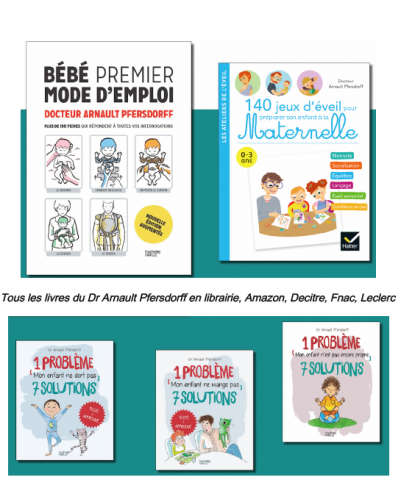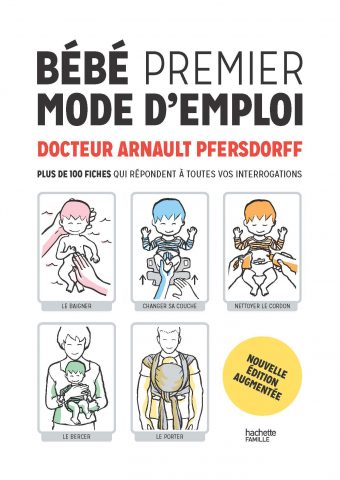
Demi écrémé? Ecrémé?
Choisir des produits laitiers allégés ou écrémés n’est pas nécessairement le meilleur choix pour les enfants, conclut cette large méta-analyse menée à l’Université Edith Cowan et au Fred Hutchinson Cancer Research Center, et publiée dans la revue Advances in Nutrition. Les enfants qui consomment des produits laitiers riches en matières grasses n’encourent en effet aucun risque accru d’obésité ou de maladie cardiaque, une conclusion qui soulève des questions sur les recommandations diététiques actuelles, pour la famille ou pour les enfants.
Les acides gras des produits laitiers ne sont pas néfastes pour la santé
L’auteur principal de l’étude, le Dr Therese O’Sullivan profresseur agrégé de nutrition à l’ECU rappelle que dans la plupart des pays, dont l’Australie et les Etats-Unis, les recommandations nutritionnelles encouragent la consommation par les enfants de produits laitiers à teneur réduite en matières grasses afin de favoriser le maintien d’un poids santé et une bonne santé cardiovasculaire. Cependant la méta-analyse montre une cohérence de l’ensemble des études sur l’absence d’association entre produits laitiers entiers et prise de poids ou obésité.
Préférer les graisses saturées des produits laitiers ? C’est un peu la conclusion de ces chercheurs qui nous expliquent qu’en cas de consommation de produits laitiers allégés en graisses, les enfants remplacent ces acides gras saturés par des « calories provenant de matières grasses d’autres aliments, en général transformés ». Les effets sur la santé dépendent alors de la nature de ces aliments de remplacement.
Préciser les recommandations nutritionnelles aux patients : les auteurs relèvent les conseils contradictoires concernant la nutrition des enfants et appellent à plus de recherches de bonne qualité pour apporter aux parents des conseils fondés sur des preuves. Ainsi, la littérature montre que :
- les produits laitiers entiers peuvent jouer un rôle clé dans une alimentation équilibrée pour les enfants en pleine croissance ;
- qu’ils sont une excellente source de nutriments, nécessaires à un développement sain, notamment de protéines, de calcium, de potassium, de phosphore et de plusieurs vitamines ;
- enfin, les graisses saturées des produits laitiers ne semblent pas être associées aux mêmes effets néfastes sur la santé que ceux observés avec des aliments comme les viandes grasses ou mes produits transformés à base de produits carnés.
Source: Advances in Nutrition 2020 DOI : 10.1093/advances/nmaa011 Whole-fat or reduced-fat dairy product intake, adiposity, and cardiometabolic health in children: a systematic review
Plus sur les Produits Laitiers
Les 5 livres écrits par le Docteur Arnault Pfersdorff, fondateur de pediatre-online, édités chez Hachette-Famille et aux Editions Hatier
- « Manuel Bébé Premier mode d’emploi » Nouvelle édition Hachette Famille 286 pages 17,95€ Disponible ICI
- « Mon enfant ne dort pas- 7 solutions » Hachette Famille 64 pages 5,95€ Disponible ICI
- « Mon enfant ne mange pas- 7 solutions » Hachette Famille 64 pages 5,95€ Disponible ICI
- « Mon enfant n’est pas propre – 7 solutions » Hachette Famille 65 pages 5,95€ Disponible ICI
- « 140 jeux d’éveil pour préparer mon enfant à la maternelle » Hatier Editions, 13,50€ DisponibleICI

C’est désormais 5 livres du Dr Pfersdorff pédiatre, qui sont édités chez Hachette et Hatier, distribués dans toutes les librairies de France, mais aussi Belgique, Luxembourg, Suisse, Canada. Ils s’adressent aux parents. Egalement sur Amazon, Fnac, BNF, etc.


L’article Produits laitiers pour les enfants: entiers ou allégés? est apparu en premier sur Pediatre Online.
from Pediatre Online https://ift.tt/3eTbiSQ






